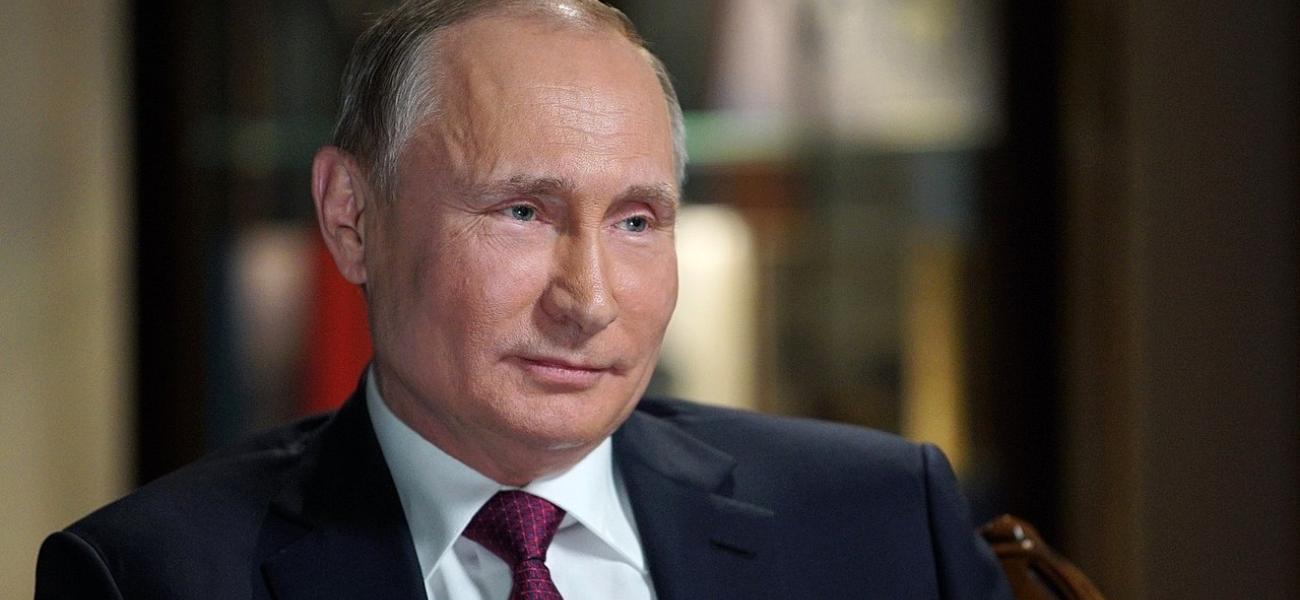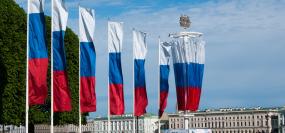
The US Should Stop Underestimating Russian Power
This is a summary of an article originally published by the Wall Street Journal.
The author argues that Russia's equivalent to the CIA was almost certainly behind the Solar Winds hack, which she calls "the most devastating cyber-offensive in history." That attack fits into the narrative that while Russian President Vladimir Putin holds " a weak hand in international politics," he "plays it well." However, Stoner argues that problem with this idea is that "it seriously underestimates the value of the cards" held by the Russian president. In addition to being a major exporter of grain, Russia's position as a major gas and oil supplier gives Putin leverage "that doesn't show up in measures of relative power such as GDP." Militarily, Russia has also made some major steps. “Russian forces performed a snap mobilization by air and sea into Syria, … changing the balance of power in the Middle East." NATO members Greece and Turkey have purchased Russian arms, as have India and several Middle Eastern countries, including Saudi Arabia, a regional partner of the U.S. Additionally, Russia has created "an axis of mutual convenience with China." “President-elect Joe Biden and his foreign-policy team must meet the true threat posed by today's Russia," Stoner writes. "This means working with Mr. Putin where the U.S. must while challenging his many efforts to harm American interests. … Russia … possesses a diverse set of powerful tools and, under Mr. Putin, the will to use them to remain a formidable global player.”
Read the full article at the Wall Street Journal.
Kathryn E. Stoner
Kathryn E. Stoner is a senior fellow and deputy director of the Freeman Spogli Institute for International Studies at Stanford University.
Photo by Kremlin.ru shared under a Creative Commons license.

